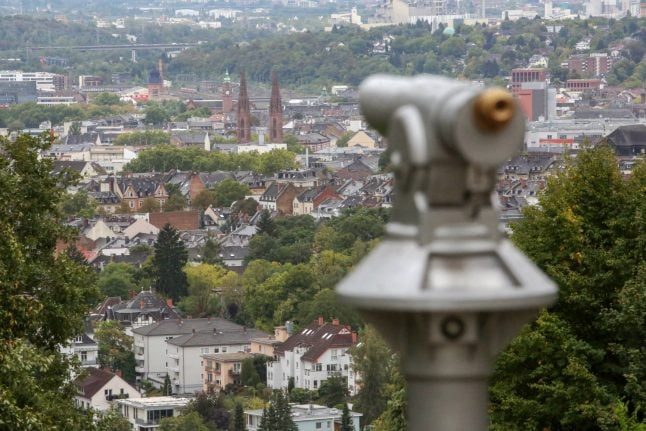Several people filed complaints against top officer Dieter Romann, whose expedition to Iraq in the spring – accompanied by reporters from top-selling newspaper Bild – caused an uproar.
He travelled to the Kurdish-controlled region of northern Iraq to arrest a young Iraqi asylum seeker, Ali Bashar, suspected of raping and strangling to death 14-year-old Susanna Feldman while he lived in Germany.
The suspect, who lived in refugee housing in western German city Wiesbaden at the time of the crime, fled to his home country soon after.
Authorities in the Kurdish autonomous region arrested the young man in early June and handed him over to Romann and his officers at the airport in their capital Erbil.
But no formal extradition had been agreed with the Iraqi government in Baghdad.
Bashar is in custody in Frankfurt after admitting to the murder, and is also a suspect in the rape of an 11-year-old girl.
The case was one of a number of high-profile violent crimes committed by migrants that have been seized on by the far-right to pummel Chancellor Angela Merkel's refugee policy.
Before the murder, Bashar was a suspect in some minor crimes, but had never previously been charged with anything.





 Please whitelist us to continue reading.
Please whitelist us to continue reading.
Member comments